Many foreign visitors on Vietnam vacation packages, as well as many Vietnamese, have been thrown for a loss by the Vietnam meaning. Because the geopolitical connotations of the word allow a better understanding of the history of the country, the answer is of interest to more than etymologists.
The Vietnam Meaning
Viet Meaning in English
Viet is the name of an ethnic group that today makes up the Vietnamese people. This ethnic group belongs to a group born of a cross between the Mongoloids who came down from the North and the original Austronegroid inhabitants.
Nam Meaning in English
Nam means the South. In Vietnamese, South (Nam) often evokes what pertains to Vietnam, while North (Bac) evokes China. Thus, Thuoc Nam means 'southern (i.e., Vietnamese) medicine', while Thuoc Bac refers to northern (Chinese) medicine. Nuoc Nam, Southern Country, is a synonym for Vietnam. Viet Nam then refers to the country of the Southern Viet people. We can draw a parallel to the name Yugoslavia (Yugo = south and Slavia = country of the Slavs): country of the Southern Slavs. In Vietnamese, Vietnam is written in two words, Viet and Nam. But in English, they are combined together: Vietnam. Both names are right and widely accepted.
The Meaning of Vietnam Names throughout the History
The Ancient Time (Before Christmas)
When Hung Kings united Viet tribes in the North of Vietnam, they created the independent country name Van Lang (2524 B.C – 258 B.C). In 258 B.C, the Chinese invaded Van Lang. Hung King XVIII failed to lead Viet people fighting against the invaders. Then An Duong Vuong took the control of the country from Hung King XVIII; became the leader of the Viet and gained independence for Van Lang. In 257 B.C, King An Duong Vuong renamed the country Au Lac. After the death of King An Duong Vuong, Au Lac had been the colony of China for nearly a thousand years.
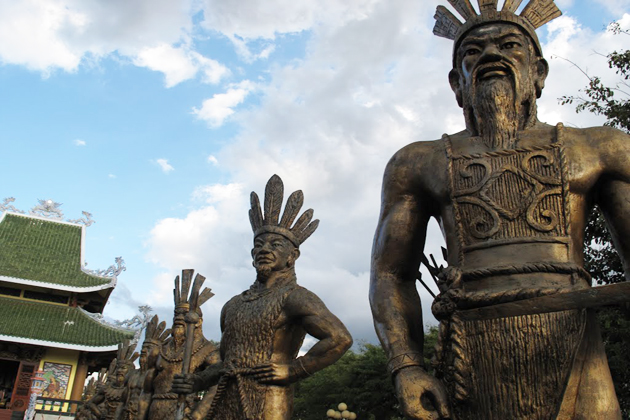
The 10th Century
After a thousand years of being the slave of China, Ngo Quyen (897-944) won the legendary fight on Bach Dang River against Han invaders in 938. Then he got the throne and set “Dai Viet” (the huge Viet country) as the name of the country. However, the death of King Ngo Quyen in 944 created a turbulent period in Vietnamese history. In 968, Dinh Bo Linh (924-979) united the Dai Viet and became the first emperor of Dai Viet. He added “Co” (Co also means huge) into Dai Viet to be Dai Co Viet. This name was also used in the period of King Le Dai Hanh (941-1005).
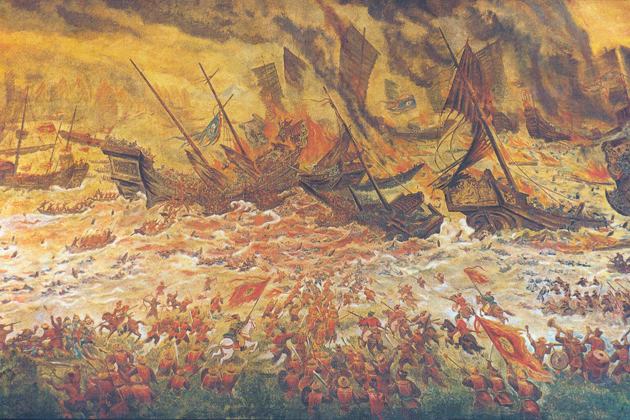
The Return of Vietnamese Name - Dai Viet
In 1009, King Ly Thai To (974-1028) took the reign of Dai Co Viet. He said that Dai Co Viet had a similar meaning to Dai Viet but was too long. Therefore, he renamed the country Dai Viet again. This name became the official name of Viet country till the 19th century.
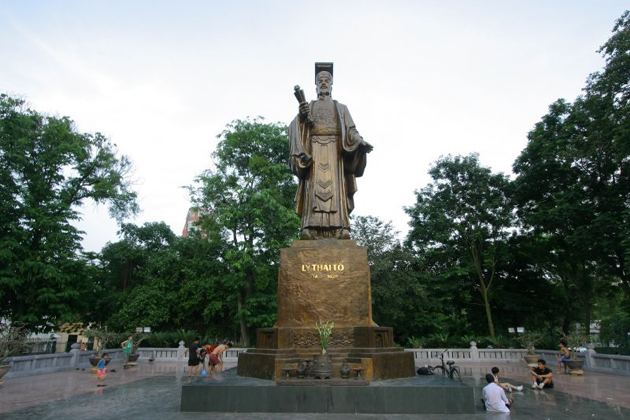
The Appearance of the Name - Vietnam
In 1802, King Gia Long (1762-1820) used the name “Vietnam” for the country. But in the period of Minh Mang (1791-1841), he changed it into Dai Nam (the huge country in the South). In 1945, after King Bao Dai (1913-1997) abdicated, president Ho Chi Minh read the declaration of independence on September 2nd 1945. The official name of the S-shaped country has been the Republic Socialist of Vietnam or Vietnam for short.
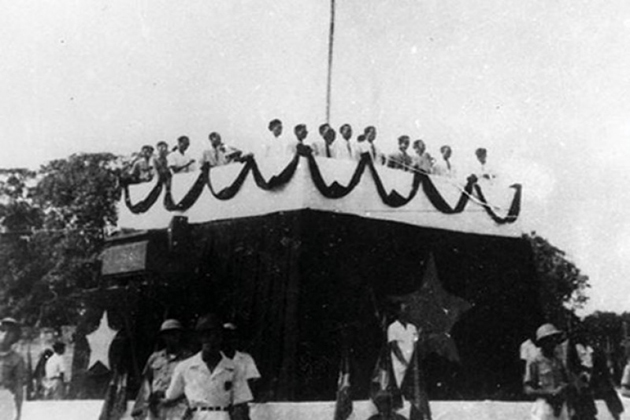
Throughout history with many ups and downs, the name of Viet country has changes dozens of times. But there is only one thing that never changes – the freedom and independence of Viet people.


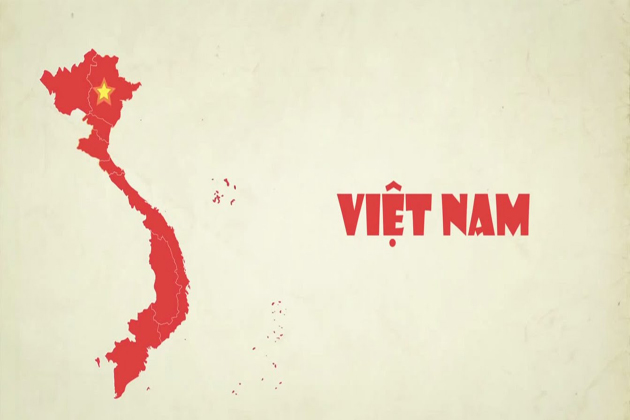


The nation today known as Vietnam had many names over history: Van Lang during the Hung Kings period (1st millennium BC), Au Lac (King An Duong Vuong, 3rd century BC), Van Xuan (544-603), Dai Co Viet (968-1054), Dai Viet (1054-1400), Dai Ngu (1400-1407) and Dai Viet again (1428-1804). Since 1804 the Nguyen dynasty adopted the name “Vietnam” but primarily used “Dai Nam” instead.
Vietnam only became official after the 1945 revolution, although it has an older origin. Viet refers to the Viet ethnic group; Nam means “south,” hence the nation of the Viet of the South (south in relation to China). According to annals, King Ming Mang (1820- 1840) believed that this name was used in ancient times. Nguyen Trai used it in the 15th century, as did Nguyễn Bỉnh Khiêm in the 16th century. In 1991, a stele dating 1670 bearing the words Vietnam was discovered near the Chinese border in Dong Dang, Lang Son Province.
Under Chinese domination (179 BC-938 AD) the country was called Giao Chi Bo, Giao Chau Do Ho Phu, or An Nam Do Ho Phu. The Ming occupying forces (1417-1427) used Giao Chi to designate Vietnam. The French brought back the name Annam (Pacified South) to refer to the central part of the country. Due to these historical connotations, the name Annam remains unpopular.
The name Trinh originated as an Vietnamese name. The name Trinh is most often used as a girl name or female name. In Vietnamese, the name Trinh means - The name Trinh is most often used as a girl name or female name.